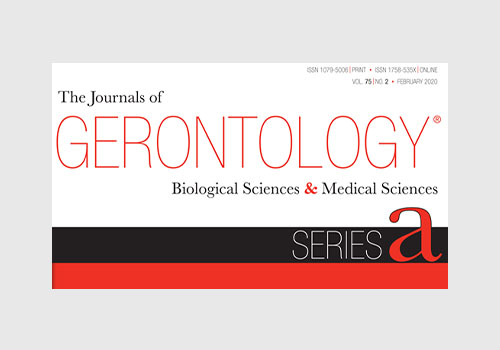The Journals of Gerontology Series A: Biological Sciences and Medical Sciences
M. Peltonen, R. Antikainen, N. Kemppainen, T. Laatikainen, J. Lötjönen, J. Rinne, T. Strandberg, J. Tuomilehto, R. Vanninen, H. Soininen, M. Kivipelto, A. Solomon, FINGER Study Group
In this study, at-risk older adults, aged 60-77 years from the general population were randomized to either a multidomain intervention (diet, exercise, cognitive training, and vascular risk management) or control group (general health advice). The CAIDE (Cardiovascular Risk Factors, Aging and Dementia) Risk Score and neuroimaging (MRI and PET) were assessed at multiple time points to assess decline. Reduction in CAIDE score (indicating lower dementia risk) was associated with less decline in hippocampus volume in the intervention group, but not in the control group.


